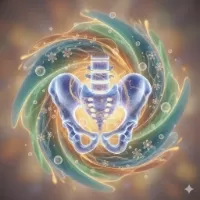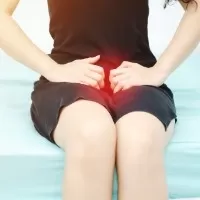Menopause and perimenopause can significantly impact intimate health due to hormonal fluctuations, particularly the decline in oestrogen. Oestrogen plays a key role in maintaining the health of the vaginal tissues, pelvic floor, and sexual function. As oestrogen levels decrease, many women experience changes that can affect intimacy, including vaginal dryness, discomfort during sex, and reduced libido. Additionally, other menopausal symptoms, such as hot flashes, mood swings, and sleep disturbances, can indirectly affect sexual well-being and overall intimate health.
Intimate Health
Managing intimate health changes during menopause may involve using lubricants or vaginal moisturisers, practicing pelvic floor exercises, and considering hormone therapy or other treatments.











